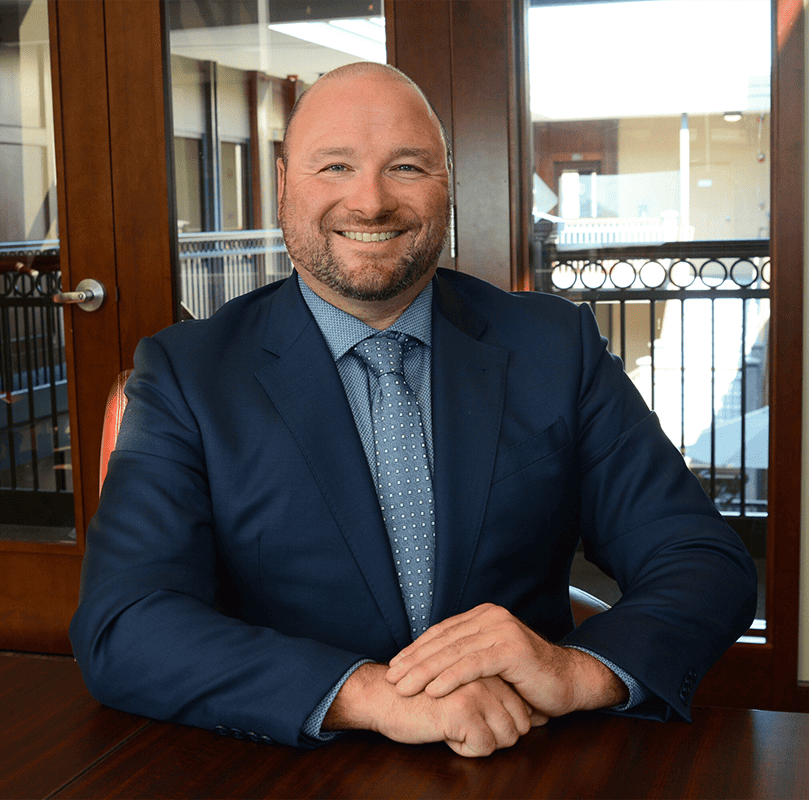Raising and caring for a child with autism can be one of the most difficult things a parent ever does. It takes focus, a lot of learning, support, and an incredible amount of patience. But you have an opportunity to build a beautiful, meaningful relationship with your child and also find the help you need to navigate this unique situation with greater care. In this article, we’ll look at some of the most important dos and don’ts of parenting kids with autism.
Do Seek Professional Help Early On
It’s easy to want to hope for the best and wait to see if things get better. But if you begin seeing consistent red flags (learn more here), seek advice and help from behavioral specialists, pediatric neurologists, psychologists, a trusted pediatrician and other specialists.
Sometimes, parents want to simply wait and see if their child outgrows their behavior. Even if they do, it’s better to begin counsel and care early on to better prepare yourself and your child for the realities of life with autism.
Do Provide an Environment of Structure and Safety
It helps to develop a consistent schedule and reliable patterns that your child can count on. Children with autism need consistency to feel safe and at peace. Set schedules for meals, therapy, learning, bedtime, school and more.
Encourage consistency in all things. Autistic children have a difficult time translating certain behaviors from one situation to another. Create ways for them to use certain behaviors or activities in multiple locations or situations.
For example, encourage the use of things like sign language not simply at school but at home and with close friends as well. Try having certain therapy sessions take place not only in the office but at home, or in another common, comfortable location.
Also, be consistent in your behavior. Keep a cool head and try to react consistently so they can get used to your reactions and directions without being frightened or thrown off by dramatic changes.
Do Provide a Special Safety Zone
Consider setting aside a space just for your child to enjoy and relax. Use an entire room or mark out a space in a larger room with visual cues like colored tape or other markings. Make sure everything in that space is completely safe for your child. Make it a place where they can be themselves and feel at ease..
Also, you may want to safety-proof your home to protect your child. Children with autism are often prone to tantrums and self-harm.
Don’t Make Comparisons
This isn’t healthy for any child but it’s likely even worse for those with autism. It’s futile and harmful comparing your autistic child’s behavior with that of his or her siblings, friends, or even other kids with autism.
Every child is different and should be viewed as a unique person with individual needs. Comparing them with someone else or demanding they act the same way as another child only confuses and makes them feel bad. It won’t create better behavior.

Do Listen With an Open Mind
Reasoning with an autistic child is usually futile. And they will frequently be stubborn and refuse if they absolutely don’t want to do something. Take time out to calmly listen to their thoughts and concerns. Make sure you really hear them out without judging and understand their perspective. Then, move forward with intervention equipped with a better perspective.
Don’t Underestimate How Much He or She Understands
Often, autistic children understand most if not all of what’s going on around them. They simply react differently to these situations. They also communicate differently about them. It’s important not to limit your view of your child’s capabilities and perspectives. It’s best to assume they know what’s going on but have a unique way of understanding, processing, and externalizing what’s happening.
Do Accept Your Child Completely
Instead of comparing your child with other children or thinking all the time about what they are “missing,” enjoy your child’s unique identity and outlook. Recognize and celebrate victories, no matter how small, and always practice unconditional love, acceptance and interest.
Don’t Degrade or Critique
When you feel yourself getting frustrated and angry, take a step back and relax a while before approaching your child (unless of course they need immediate attention for safety reasons). Avoid the tendency to use critical or degrading language. These actions are difficult enough for those without autism to process. This kind of negative reaction is often even worse for those with autism.
Do Consider Applied Behavioral Analysis (ABA)
Applied Behavioral Analysis helps children with autism develop skills and reduce problematic behavior. There are different forms of ABA and each works to establish and reinforce better, more positive behaviors. These can help both you and your child.

Don’t Neglect Self-Care
Being a parent of a child with autism can often wear you down. It’s easy to lose energy and patience and find ourselves completely burning out. Take it easy on yourself. Don’t judge. Avoid perfectionism and unreasonable expectations for yourself. Take time to visit friends, go out for a fun evening or afternoon. Take a drive. Get exercise. Get some good reading in and pursue hobbies and activities that relax you.
Do Use Positive Reinforcement
Of course, discipline is necessary in every parent-child relationship. But doing your best to focus on ways to encourage good behavior by recognizing their positive actions and accomplishments gives your child self-confidence, lets them know they are seen and loved, and gives them a strong reason to continue making these better choices in the future.
Conclusion
There are so many other great tips to help parents of children with autism. This list should be a great start though. Seek professional help early on. Surround yourself with patient, compassionate and supportive friends who want to help and encourage you and your family. Create a lifestyle of consistency, safety, and reliability for your child. And don’t forget to take care of yourself in the process.
Your autistic child is a beautiful, unique person with amazing insights and ways of seeing the world. Take time to know them deeply and uncover new ways to connect, even if it looks different than your connection with others.
Torrone Law helps individuals and families find resolution and wholeness with professional, caring legal support and counsel. Connect with us today to learn more about how we can help you navigate difficult seasons of life.
For more information about parenting a child with autism, see our frequently asked questions below.
FAQ
Where should I look for help with raising my autistic child?
There are many resources available to parents. Seek professional medical advice early on from behavioral specialists, neurologists, psychologists, and family and child counselors. Surround yourself with supportive friends. Read all you can on the subject, and communicate your needs with others.
What are some things to remember when taking care of my autistic child?
Create a home and lifestyle of consistency for your child. Patterns and schedules help them adjust to life better, find greater calm, feel safe in the home and make sense of their world. Listen well and encourage often. Don’t compare your child with other children and make time to take care of yourself.
What is Applied Behavioral Analysis?
Applied Behavioral Analysis is a type of therapy that helps children with autism develop skills and reduce problematic behavior. There are different forms of ABA and each works to establish and reinforce better, more positive behaviors. These can help both you and your child.







